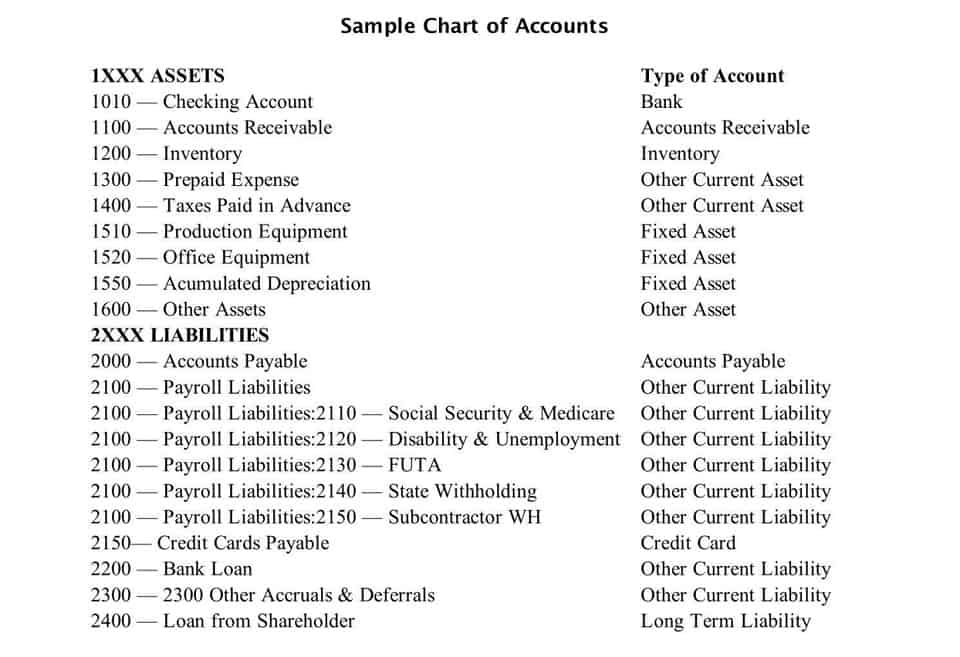
Whether it�s mixing up your business and personal transactions or deducting an expense from the wrong client trust account, it�s easy for law firm owners to record transactions incorrectly. It�s a lot like businesses that engage a law firm for their needs instead of hiring an in-house lawyer. Just be sure to choose a CPA experienced in providing law firm accounting services. As a result, it�s unwise for lawyers to attempt to handle their law firm�s accounting without assistance from an expert.
A professional accountant (or Certified Public Accountant) can help with business tax planning, file your corporate tax return, and make suggestions to help you improve cash flow. If your small business needs financing, whether it�s business credit cards or small business loans, you may need up-to-date financial statements and/or business bank account statements. Staying on top of these crucial financial tasks can help your business qualify for financing. Merritt Bookkeeping is a no-frills Quickbooks virtual bookkeeping services firm that offers fixed, flexible pricing and an easy user interface to small business owners. They also offer a 90-day money back guarantee and are very proud of their public reviews.
Operational Best Practices for Law Firm Accounting
You�ll get a dedicated accountant, year-round tax advice, tax prep, bookkeeping and financial reports. One of these is to maintain detailed and comprehensive records for their client�s trust accounts. One should be an operating bank account and there should be a separate account for Interest on Lawyer Trust Accounts (IOLTA).
When law firm bookkeeping, there is a simple way to avoid these errors. Recording financial transactions and balancing financial accounts for a law firm is done by bookkeeping. Before any accounting, there needs to be legal bookkeeping performed as an administrative task for all law firms.
Smart bookkeeping. Powered by professionals. Backed by technology.
They may also help with payroll or managing your accounting software. More errors occur with trust accounting than any other law firm bookkeeping area of accounting for law firms. Law firms must follow certain legal industry regulations based on their jurisdiction.

Many small firms find that outsourcing their bookkeeping functions is a great first step in delegating work off the owner�s plate. With all the options available, we know it�s difficult to choose which software is the best choice for your firm. After all, you have to sift through the options alone, convince your partners to agree, and pray that it works as it should.
Determine how your firm will get paid
However, every law firm owner needs to know what bookkeeping and legal accounting are for their business. Without the essentials, your firm might struggle to stay compliant with ethical rules, and you may inadvertently leave money on the table. The role of technology in legal accounting is not just about adopting new tools; it�s about embracing a culture of innovation and continuous improvement. By leveraging the right technological solutions, law firms can streamline their accounting processes, improve compliance, and focus on delivering exceptional legal services. In the digital age, technology is not just an enabler but a critical driver of success in legal accounting. Additionally, ensure they are well-versed in trust accounting rules applicable to law firms, as this is a critical aspect of legal accounting that requires expertise and precision.
- Some partners also earn guaranteed payments to ensure stable income even if the business operates at a loss.
- Some states oblige law firms to use IOLTAs in certain situations, so check with your state bar association for rules for your firm.
- In the intricate world of law, where every detail matters, bookkeeping emerges as a silent hero.
- The more simple it is to the bill, and easier it is for your firm to get paid faster and have better cash flow.
- Failing to make this distinction can lead to compliance issues and inaccurate financial records, impacting the firm�s reputation and potential for growth.